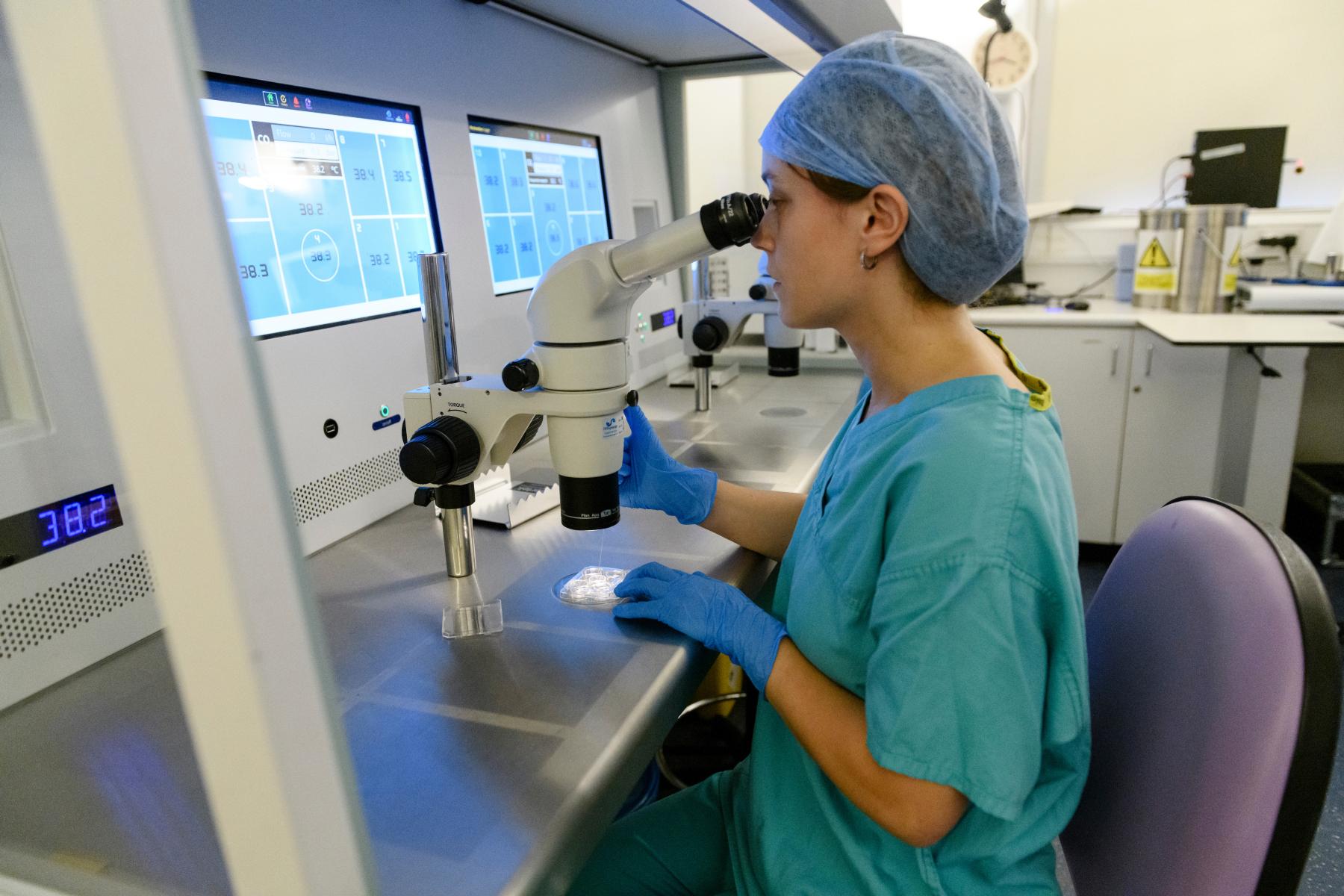First new treatment for deadly cancer in 15 years

Researchers from Barts Health NHS Trust and Queen Mary University of London have developed the first new treatment for mesothelioma, a type of lung cancer, in 15 years.
Results from the phase 3 ATOMIC-meso clinical trial showed that combining a new drug (ADI-PEG20) with traditional chemotherapy helped patients with malignant pleural mesothelioma (MPM) live longer.
Of the nearly 250 patients on the trial, many of whom were patients at St Bartholomew’s Hospital, around half were given the new drug and traditional chemotherapy and the other half, traditional chemotherapy alone. Those given the combination of chemotherapy and the new drug lived on average nearly two months longer than those given just the current standard chemotherapy. They were also nearly four times more likely to be alive three years after their diagnosis.
MPM is a rare, often fatal type of cancer that affects the lining of the lungs and is associated with exposure to asbestos. It’s usually treated with chemotherapy, but these drugs rarely cure the disease, which is why it has one of the lowest 5-year survival rate of any solid cancer at around 5-10%.
Professor Peter Szlosarek who works at the Barts Cancer Centre at St Bartholomew’s Hospital and led the trial said:“It's truly wonderful to see the research into the arginine starvation of cancer cells come to fruition. This discovery is something I have been working from its earliest stages in the lab, right the way through to a treatment which is now improving the lives of people with mesothelioma.
“I would like to thank all the patients and families, researchers and their teams, particularly those at St Bartholomew’s Hospital, as well as Polaris Pharmaceuticals for their commitment to developing a new cancer treatment for our patients.”
The trial is the culmination 20 years of research at the Barts Cancer Institute that began with Professor Szlosarek’s discovery that MPM cancer cells don’t have a protein called ASS1 which they need to make their own arginine so they can grow. This new treatment works by stopping the MPM cells from taking arginine from the blood, and because they can’t make their own, they starve and die.
More research, including more trials, are planned to figure out if ADI-PEG20 can also be used as a treatment for patients who have sarcoma or glioblastoma multiforme (a type of brain tumour) and in the future, potentially other types of cancer.
This trial was run by Queen Mary University of London, in collaboration with Barts Health NHS Trust and funded by Polaris Pharmaceutical.
